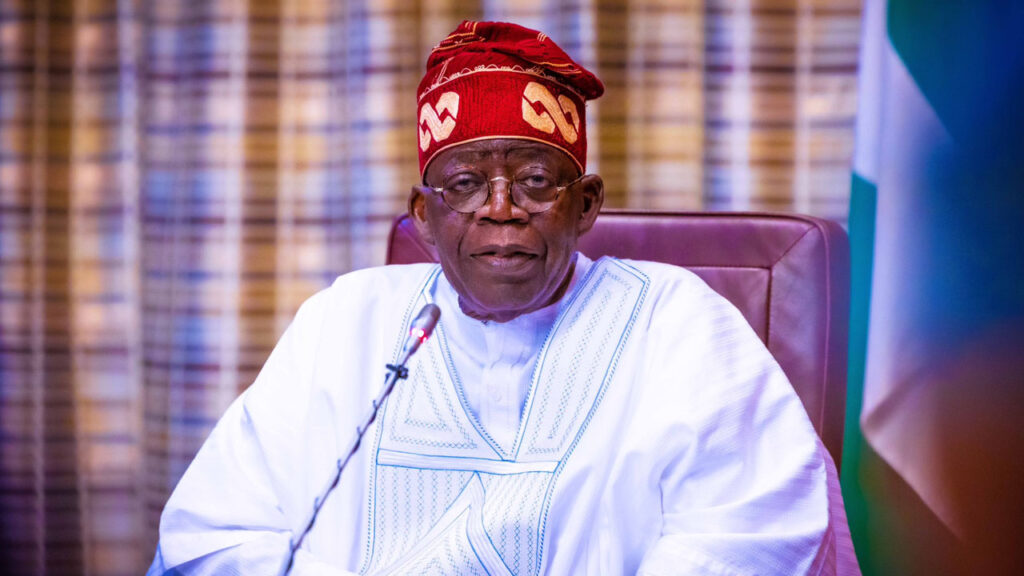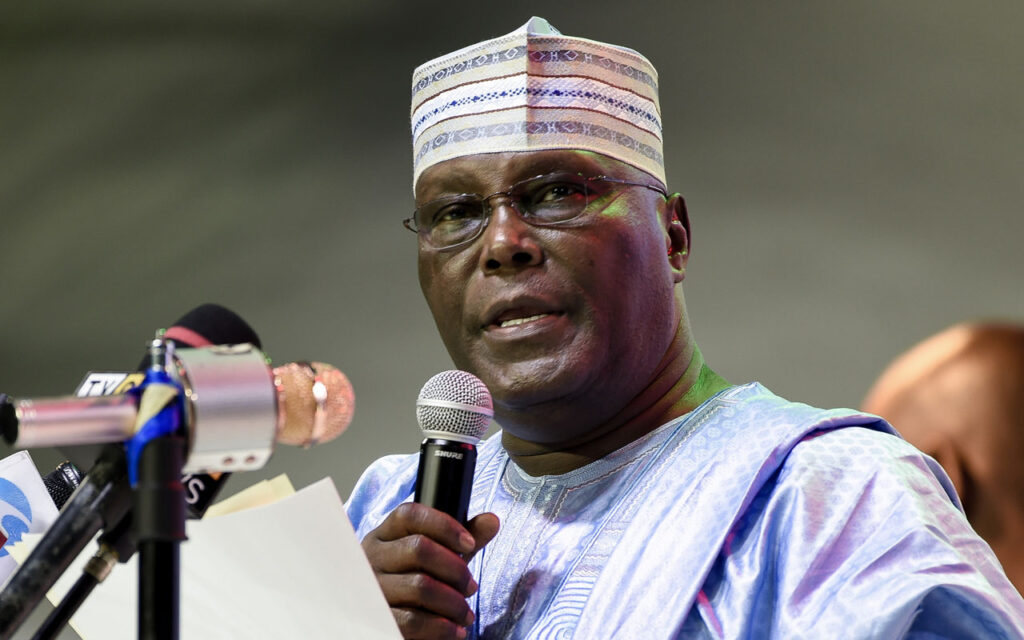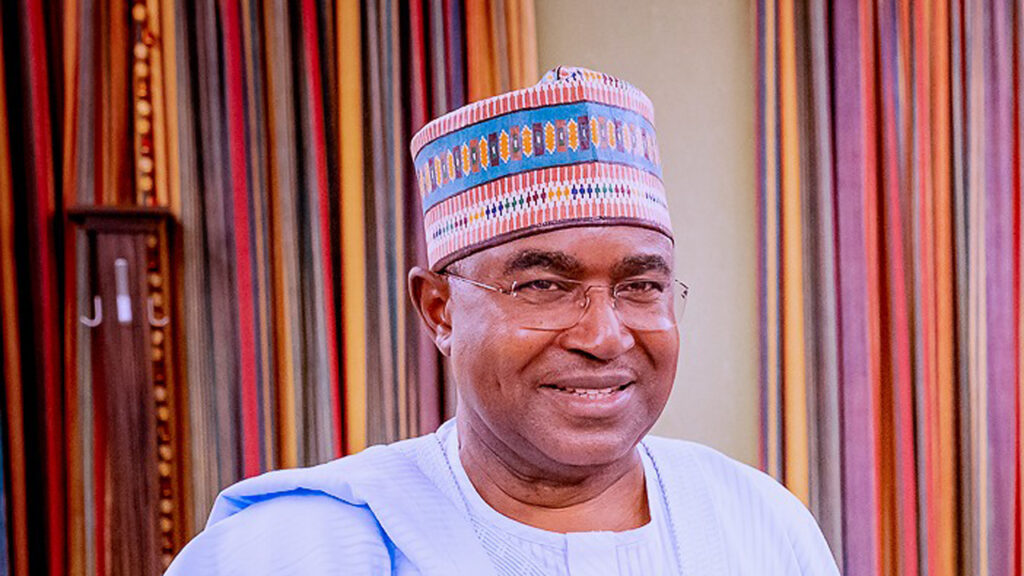
As a well-known fact, Africa is a continent of immense brilliance and uniqueness, characterised by its rich cultural diversity, diverse landscapes, and a wealth of natural resources.
There are several aspects highlighting the brilliance and uniqueness of Africa, ranging from cultural diversity, natural beauty, wildlife and biodiversity, rich history and ancient civilisations, language diversity, innovations, flavourful culinary delights, music, and dance, among others.
Africa’s brilliance lies in its diversity, resilience, and contributions to the world. It continues to be a source of inspiration and pride for its people and a place of fascination for people around the globe.
Afrocritik is therefore a platform that meticulously and expertly informs, educates, and presents to a global audience the happenings in the industry, which is required as African arts, culture, and entertainment continue to rise and gain prominence on the international scene.
It is a melting pot for African expression, a niche and fully-serviced media outfit catering to African entertainment, African arts, culture, and lifestyle.
Aware of our rich multiculturalism and diversity, we portray African stories with an African perspective, extending an invitation to the world to experience the luxury that is Africa.
In this interview, the super-talented founders of the Afrocritik brand, Samson Jikeme and Owanate Max-Harry, talked about their deep love for the media, entertainment, law, and business.
What inspired the idea for Afrocritik and how did you develop your passion for writing and content creation?
We have always loved the arts right from our undergraduate years in Nigeria – times that had us hop in music studios – covering favorite rap songs with their accompanying hook iterations. The fact that we are trained lawyers also means the penchant for writing comes naturally, as that is our stock in trade. Also, being naturally critical of society’s trends led us here. So what you get at Afrocritik is a mix of our collective and individual interests.
What is the history of the platform?
In June 2021, Samson Jikeme and I (Owanate Max-Harry) discovered that we loved to critique art for the fun of it – and were also damn good at it. So we thought of creating a platform where art could be critiqued independently – without fear or bias. We also felt there were so many gems in the continent that needed a voice, and saw the trend of commercialisation typically drowning niche expressions. Essentially, we wanted to spotlight African brilliance to the world, and hold a conscious torch to African societies as well.
Can you discuss any challenges or setbacks you’ve faced and how you overcame them?
Well, like every other endeavour, particularly when bootstrapped, fleshing out your ideas comes with birth-pangs, one of which is navigating the peculiarities of the Afro-entertainment space, where data is hard to come by. This means that tracking consumption patterns becomes more difficult due to the dearth of real time information in Sub-Saharan Africa. As the art and entertainment ecosystem becomes more interconnected and aided by systems, we understand that these issues will naturally abate.
Also, the poor institutional framework in many African art and entertainment industries makes it cumbersome to work through processes. We also trust that these will be sorted in the near future.
Describe a time you made a difficult decision. What was the situation and the outcome?
Deciding on the scope of our work – what Afrocritik was to eventually become. Intentionally deciding to cover as many areas of art that we do and delivering with utmost professionalism, instead of limiting our scope has been interesting. We realise that art expressions are more interconnected than we think and everything flows one to another. Seeing this broad perspective and understanding interconnectedness helped us make this decision and we are better for it today.
How do you stay motivated?
The fact that we love art and entertainment at our very core and we are amped about the prospects the African continent holds particularly in areas of artistic expression. We also believe that because African culture, art and entertainment are relatively largely untapped and not expressed enough to a global audience, the world could do with a bit more variety with these offerings in general. This tech-friendly and social media savvy era has also created a new wave of awareness to African entertainment, necessitating the need for amplifiers and critiques across the continent.
Describe your writing process. How do you generate ideas, research topics, and plan your blog posts?
We’ve always been naturals at innovation from the start. For me, I think I easily get bored with existing tropes and ideas, and see the need for refreshing lenses on how art is perceived. So first of all, if something isn’t fresh, curious and exciting enough, it barely gets a pass.
Also, our editorial board/team and team of writers, critics and journalists comprise astute professionals who pitch articles according to observed social norms and historical moments.
On creating posts for our platform, there’s a shared strategy of posting highly critical essays, music, film and book reviews, as well as general African entertainment News to inform our teeming audience.
Oftentimes, there is the need to define your target audience. How do you identify and cater to the needs and interests of your specific readership?
We have largely resorted to highly standardised data in understanding our core demographic strengths and determining our potential audiences in the near future. In 2024, relying on specialized data analysis is the way to go in this business. This drives everything that we do.
How do you ensure that your content is original, valuable, and engaging to your target audience?
Because critical review and analysis is at the forefront of everything Afrocritik, we don’t seek trends, rather we love to mirror the pulse of society, evaluating phenomena on a day-to-day basis. What keeps us valuable is the conscious decision to become society’s conscience in a world where commercialisation rules almost everything. The wealth of experience of our writers, critics and journalists is also reflective in the grip our stories hold on our audience/readership across the world.
What strategies do you use to promote your content and increase its visibility on social media platforms and other channels?
In 2024, digital marketing affords you a wide range of options for content promotion. We like to specialise in both broad ranging and bespoke data, to determine the appropriateness of posts on platforms. In a world where each platform has its uniqueness, studying user/consumer behavior is also key in getting this done right.
Where do you see your brand in the next few years?
Frankly speaking, becoming the summit of the world’s eyeballs for everything African entertainment and art related.
How do you balance your Afrocritik commitments with other responsibilities, such as work or personal life?
I think setting priorities and being strict with them is key in creating a healthy balance. It also helps that Afrocritik is a genuine passion, so work does not always feel like it with this undertaking. Samson has an efficient work assistant that helps in ensuring that the work flow demands are separated from his personal life. This largely helps them create the perfect work/life balance.











